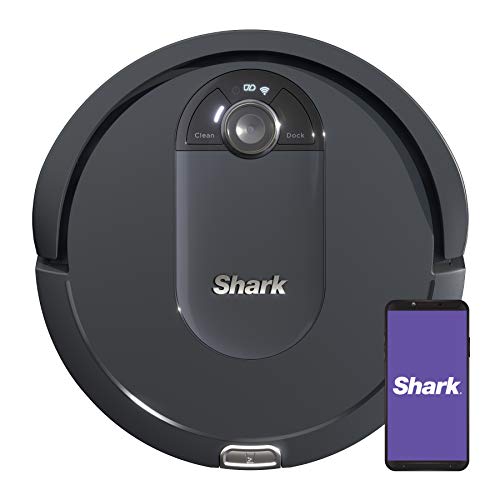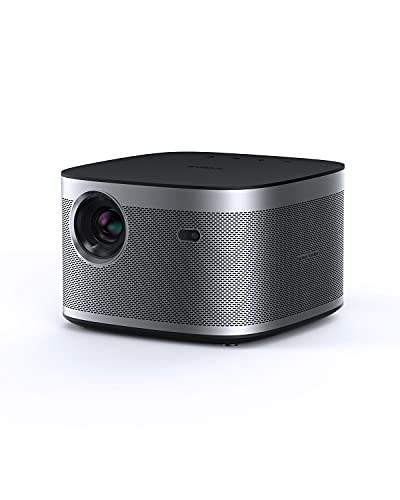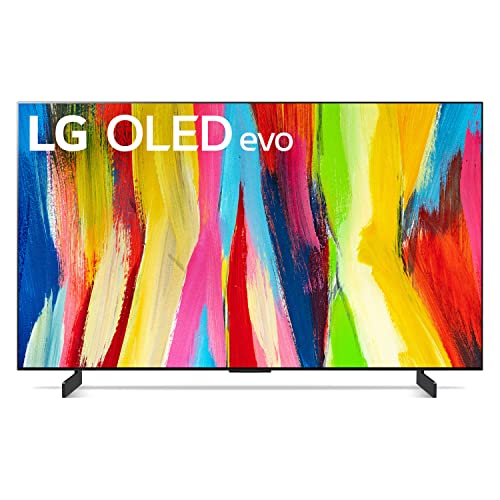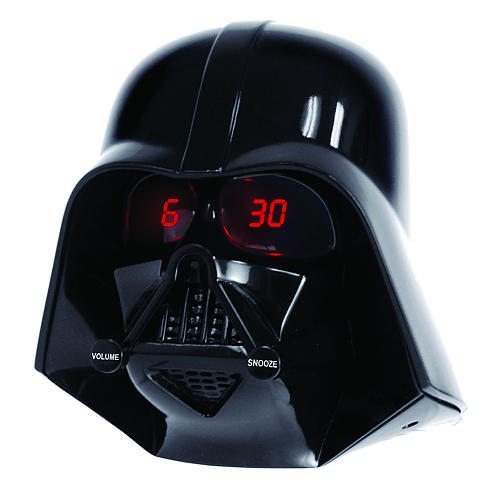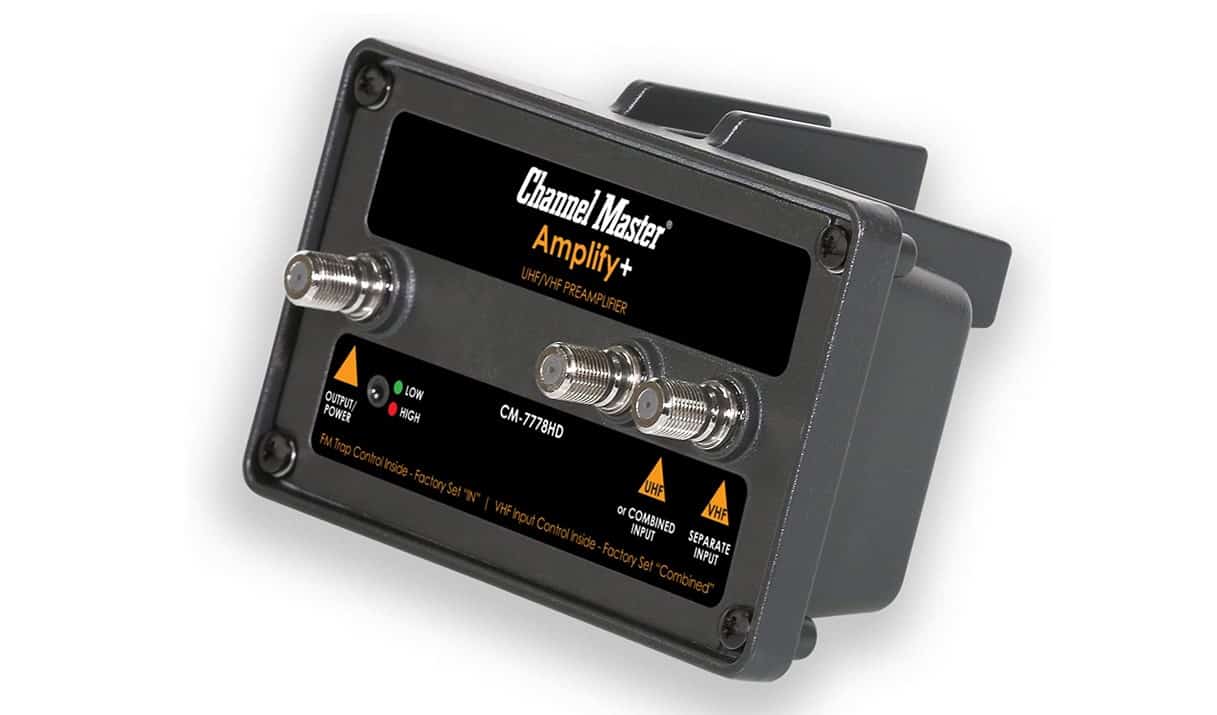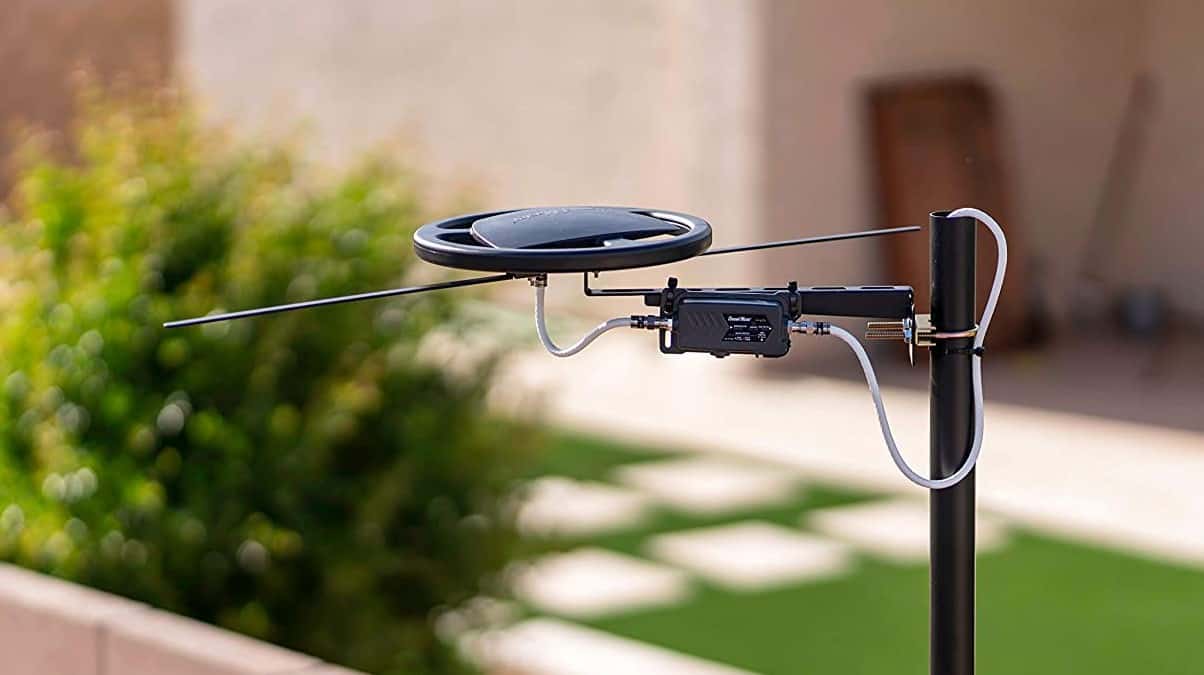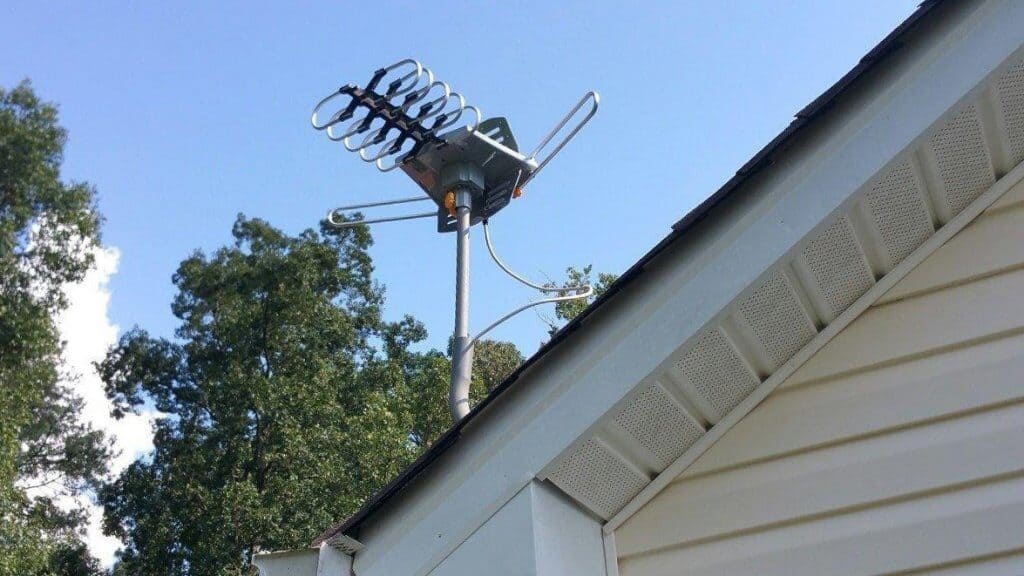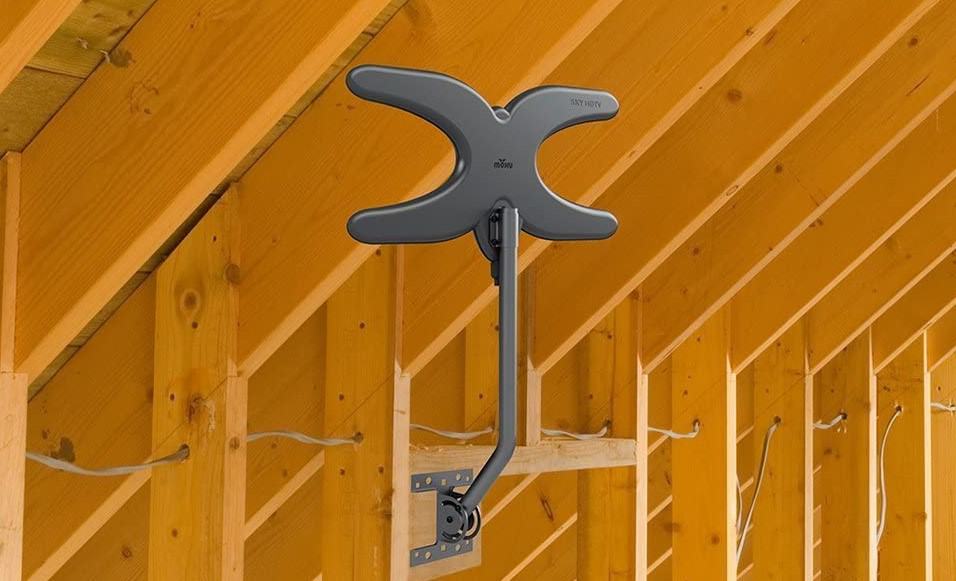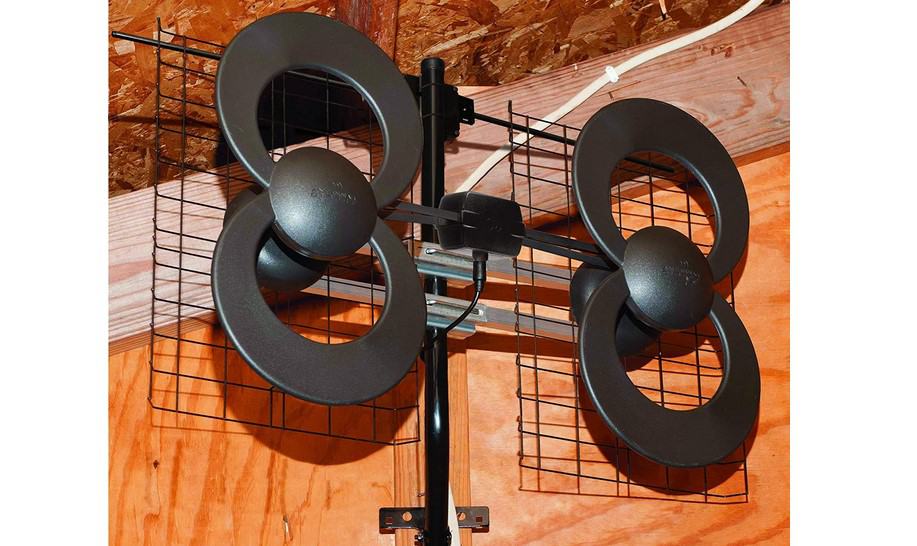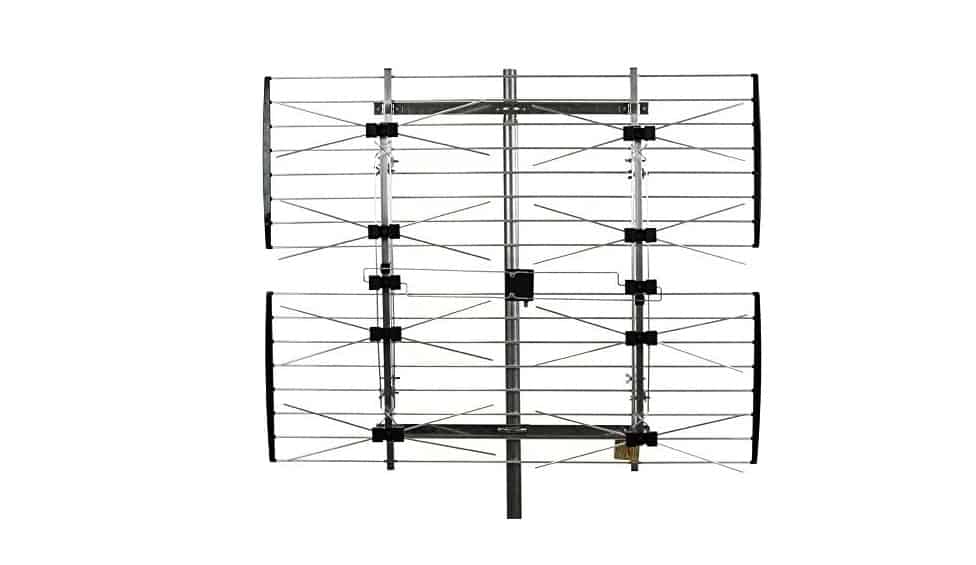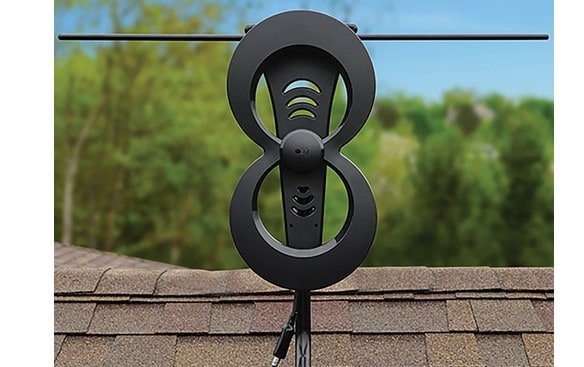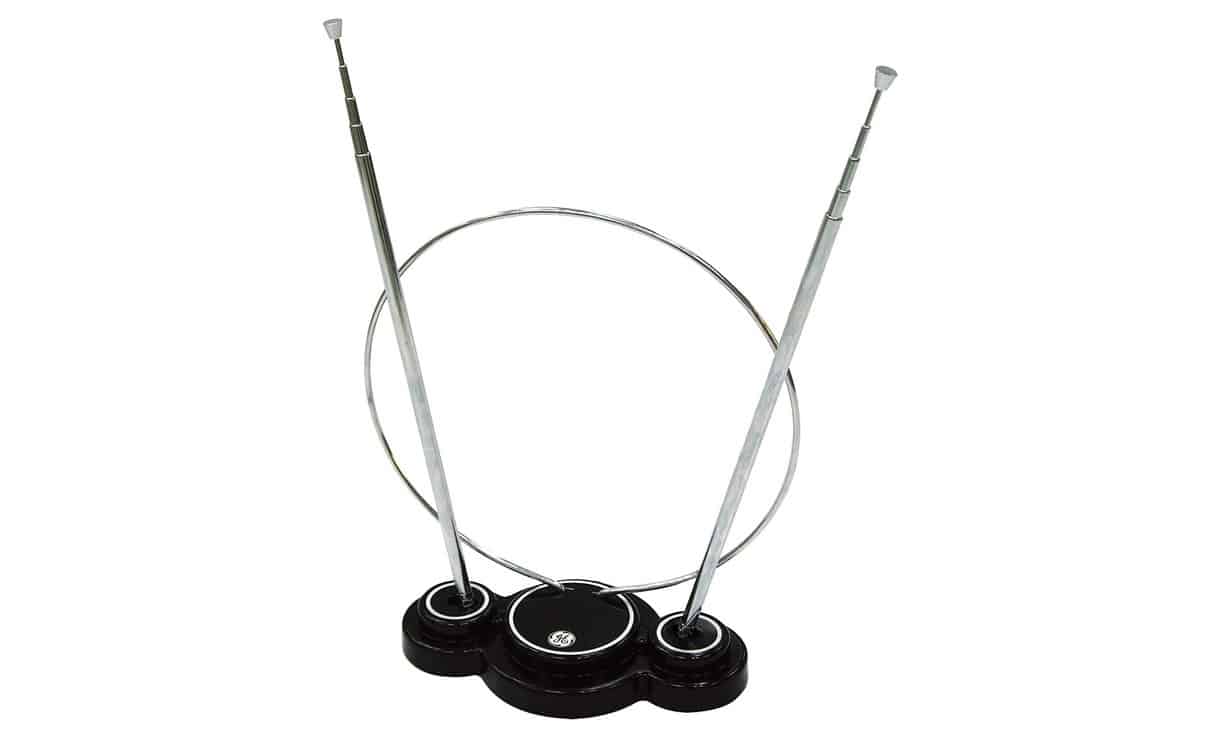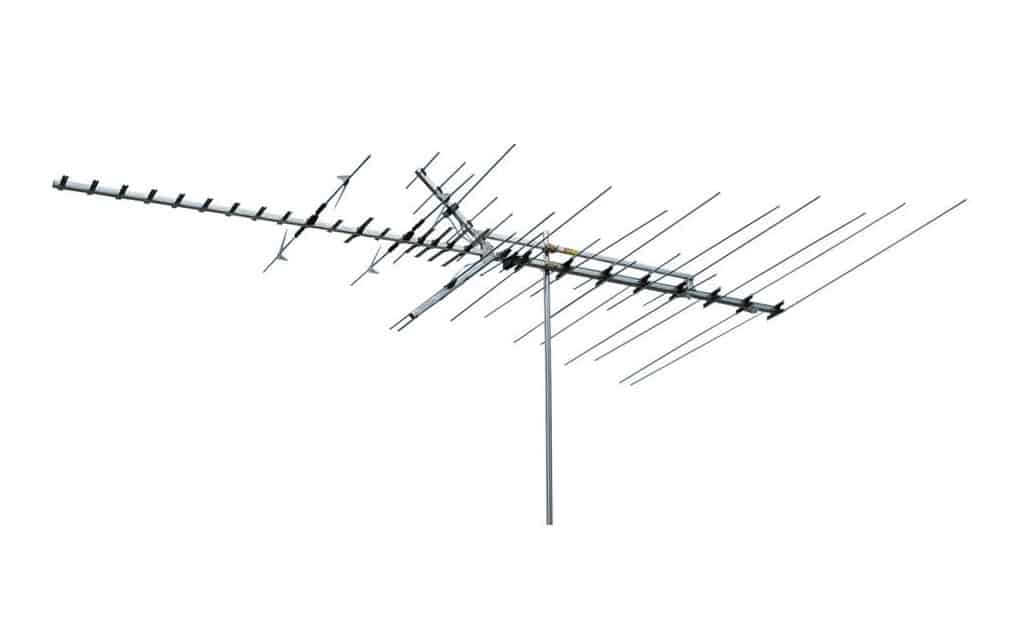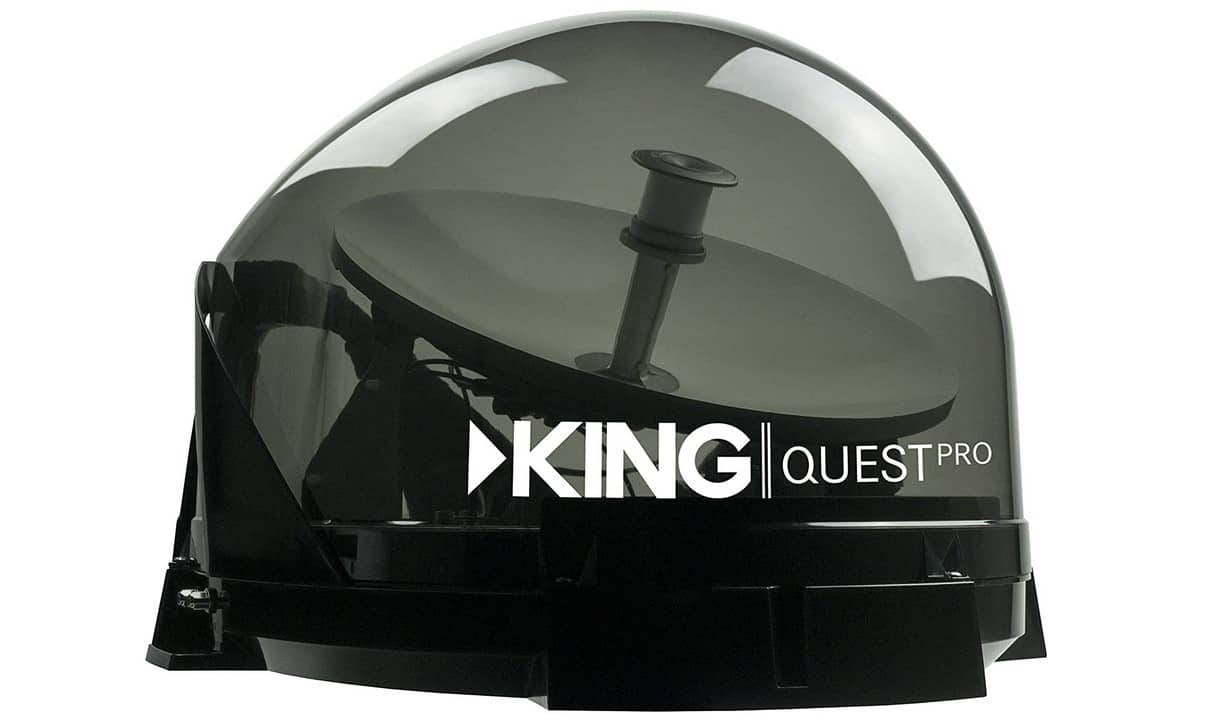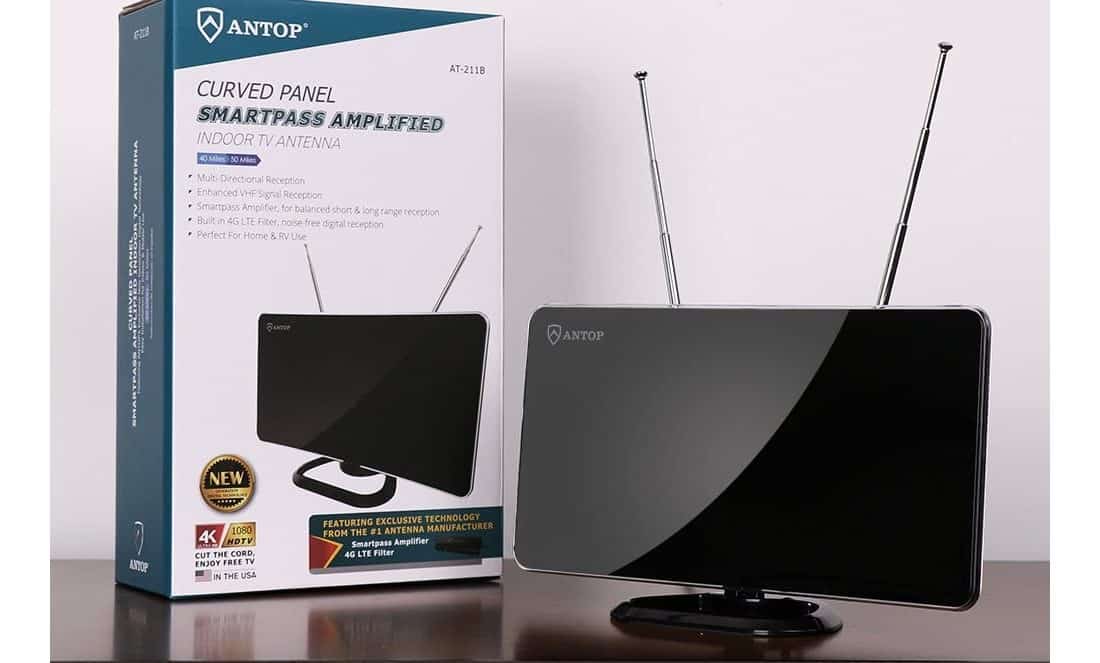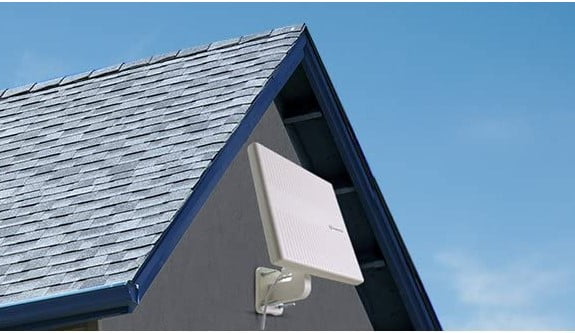The best TVs are out there somewhere, but knowing which one is best for you can be a confusing and often burdensome journey. Modern consumers must consider regular TVs vs smart TVs.
KEY TAKEAWAYS:
- Smart TVs can connect to Wi-Fi and have access to streaming content.
- Smart TVs can connect to smart home devices like Amazon Alexa and Google Assistant.
- Smart features, however, do not impact picture quality, where both types are evenly matched.
Here we’ll outline the differences between the two and help you understand which kind will be best for mounting on your living room wall. Additionally, another interesting topic worth looking into is the difference between rear projector TVs and LCD TVs.
Differences Between a Regular TV and Smart TV
Connecting to wifi is one of the biggest things that differentiates a smart TV from a non-smart TV. Wifi connectivity lets users access online content, download apps, and use streaming services without requiring additional research and payment for an external device. Smart TVs come with a built-in operating system, which works similar to a mobile device, and you can download certain apps to be used for streaming.
Insider Tip
You can link your smart TV to a virtual voice assistant, such as an Amazon Alexa or Google Assistant, to use as a remote control to make it easier to search, toggle between apps, and change settings.
On the other side of the fence, a regular digital TV typically doesn’t have wifi accessibility and needs a connected device to access smart TV features. Also, not all digital TVs can connect to smart home devices like Google Assistant. However, once you get a streaming device, little separates the two types.
Functionalities
A common inquiry is that if Smart TVs aren’t as expensive as regular TVs, why even waste time thinking about it? One big reason has to do with user control of their data. Because of the connection to the Internet, websites and apps track data just as they would a phone or computer. Because of these privacy risks, those looking to limit their data sharing may want to consider a regular TV.
Another reason typically leveraged against smart TVs is that streaming devices like Roku, Amazon Fire TV, Apple TV, or Chromecast are better than standard operating systems that smart TVs have built-in. These set-top boxes are also inexpensive and typically have a more dynamic range of functionality.
Price
While standard TVs tend to be cheaper, Smart TVs are more affordable than ever. The reason for low prices is that manufacturers are making lots of money off user data, so it’s in their interest to sell them at a bargain. When considering the price, it’s also essential to make a TV screen size comparison to see what’s right for you.
Warning
Remember that if you use a smart TV, it collects your data. However, there are now ways to configure settings to increase data privacy.
F.A.Q.S
Is the picture or sound quality better on a smart TV?
Smart features have nothing to do with sound or picture quality.
Can I use my smart TV with Amazon Alexa or Google Home?
Voice control is available on smart devices for many different virtual voice assistants, like Amazon Alexa, Google Assistant, etc.
How do smart TVs compare to set-top boxes?
Many say that set-top boxes like Google Chromecast, Amazon Fire TV, or Roku have interfaces that are easier to navigate and have higher performance.
STAT: The number of households with smart TVs is expected to increase to 119 million in 2022 (source)

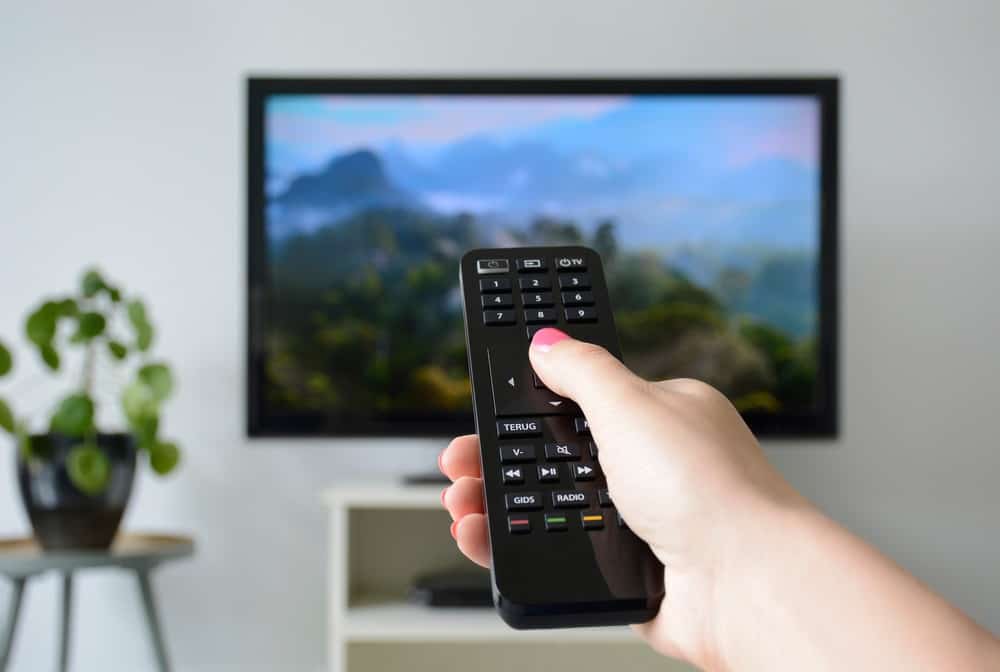












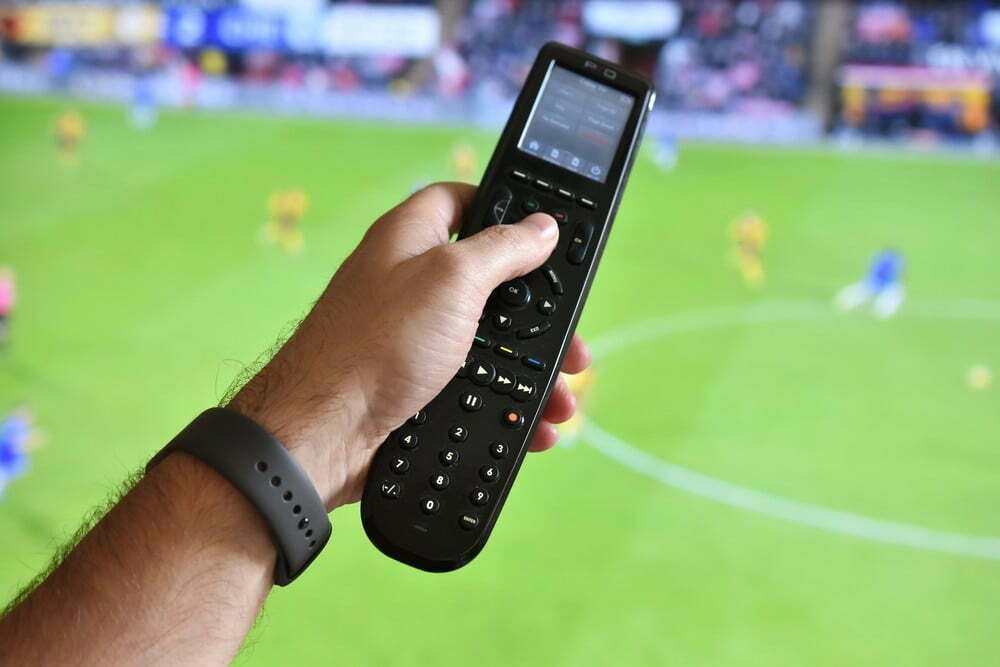
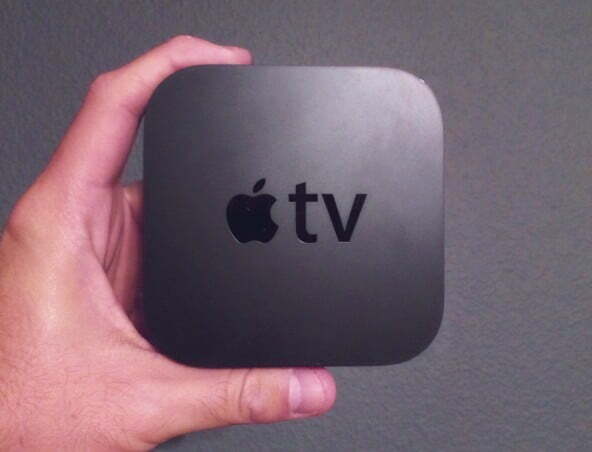
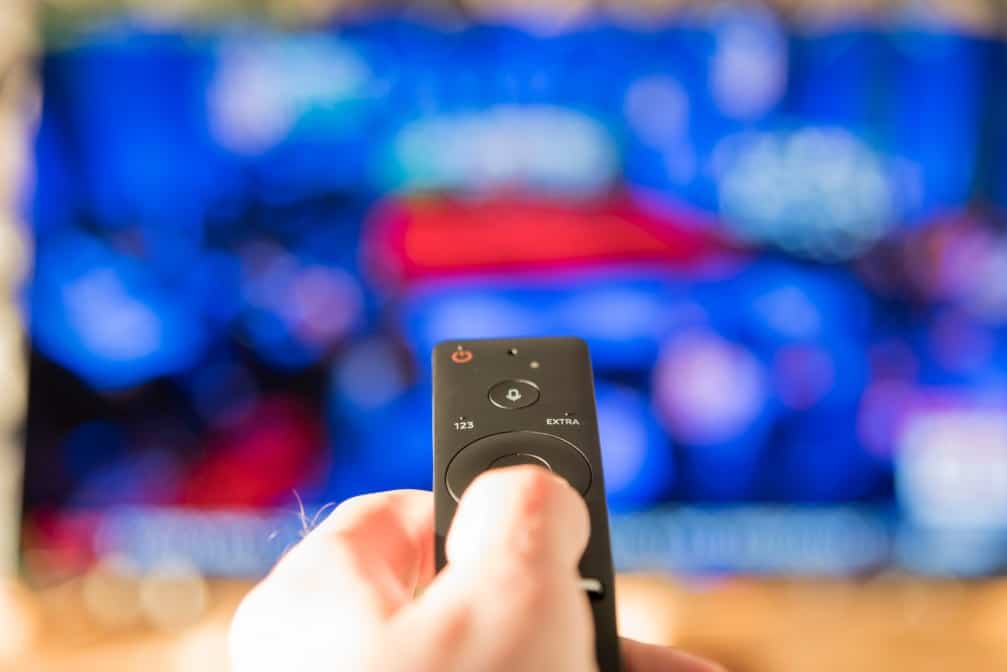
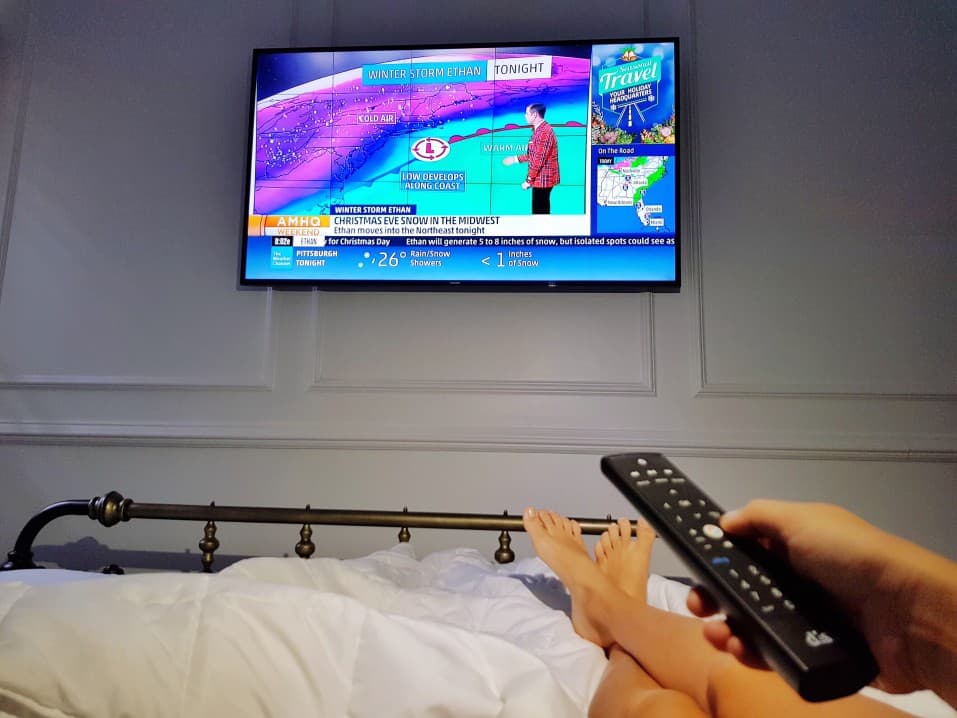

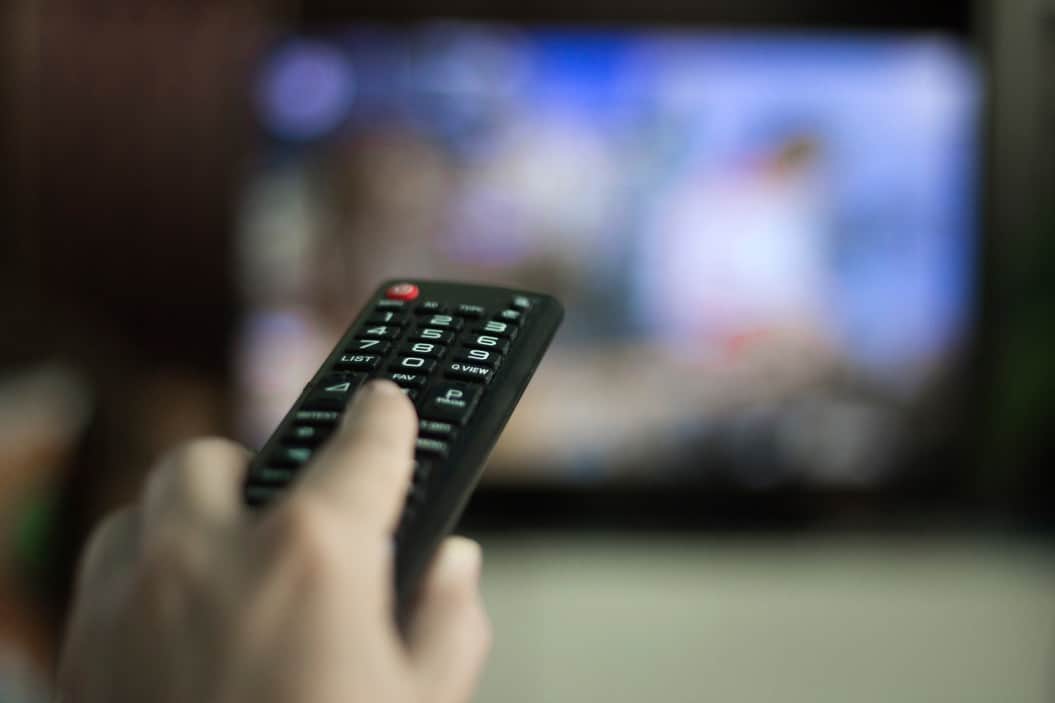
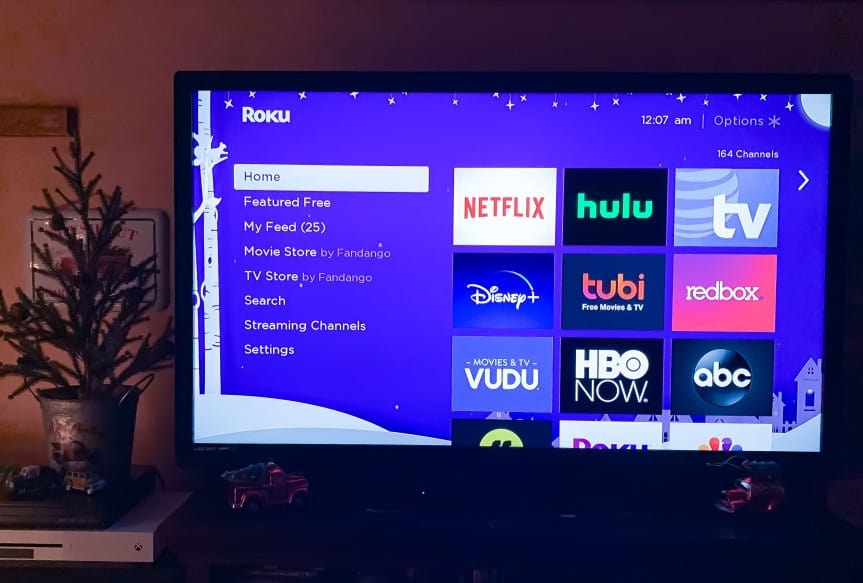
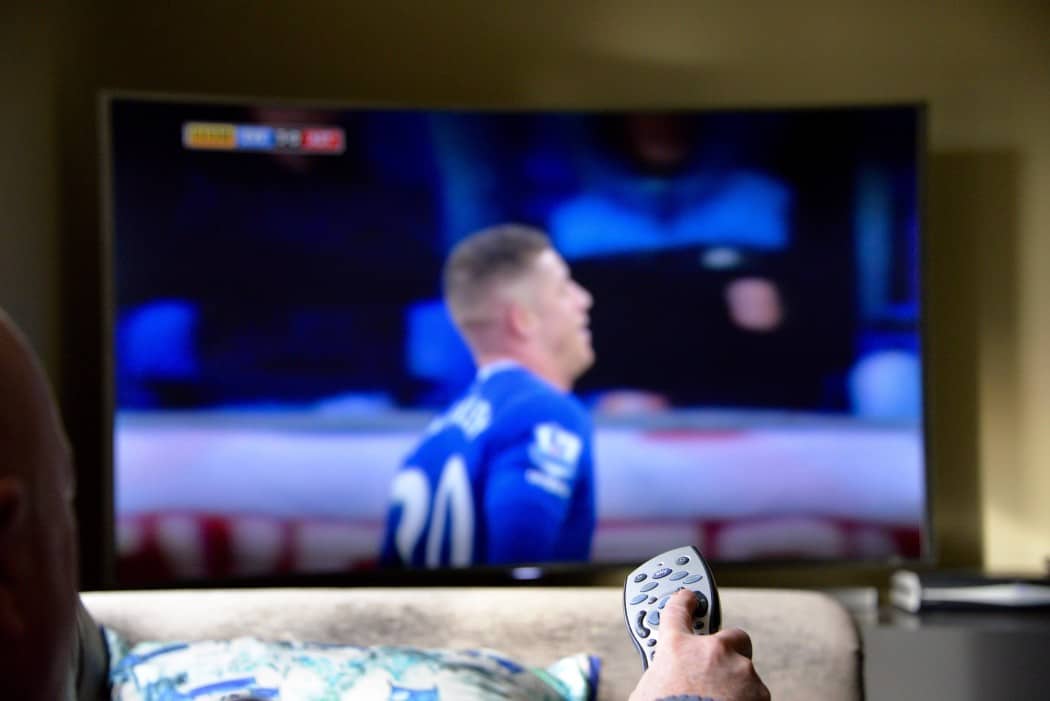
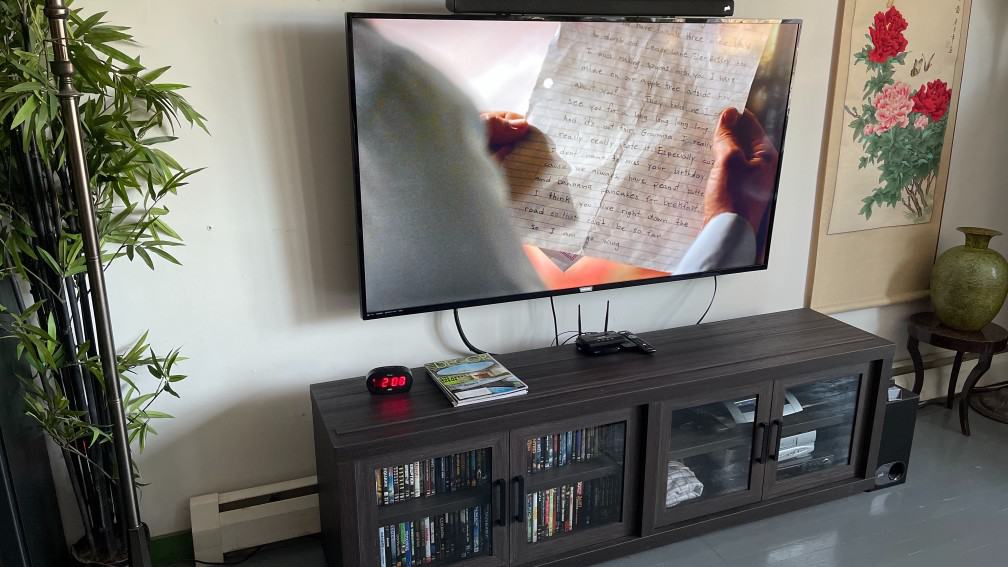


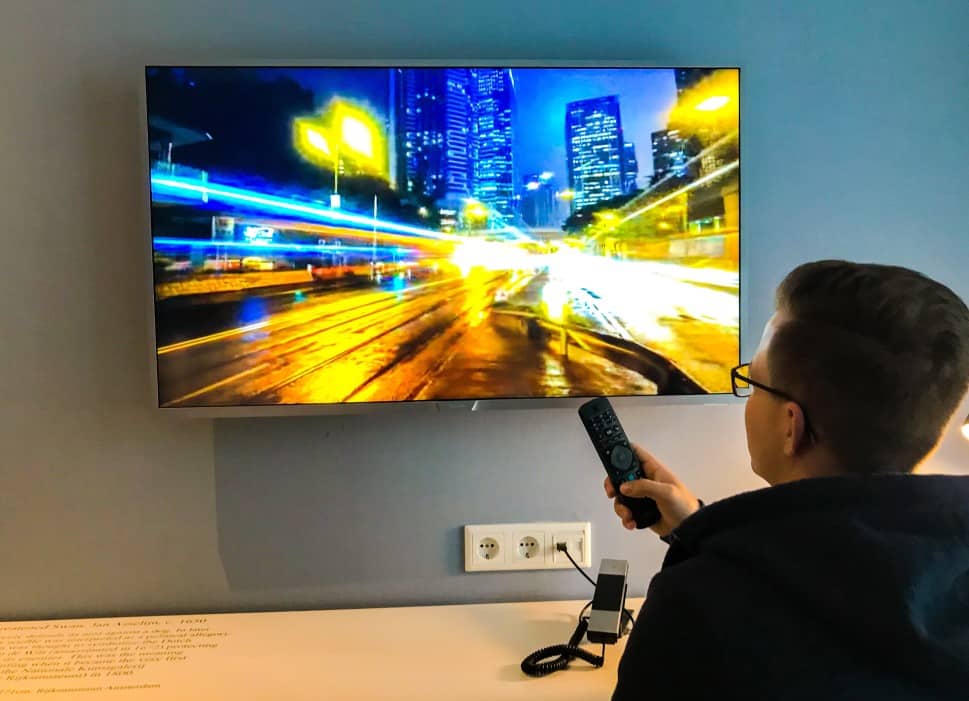


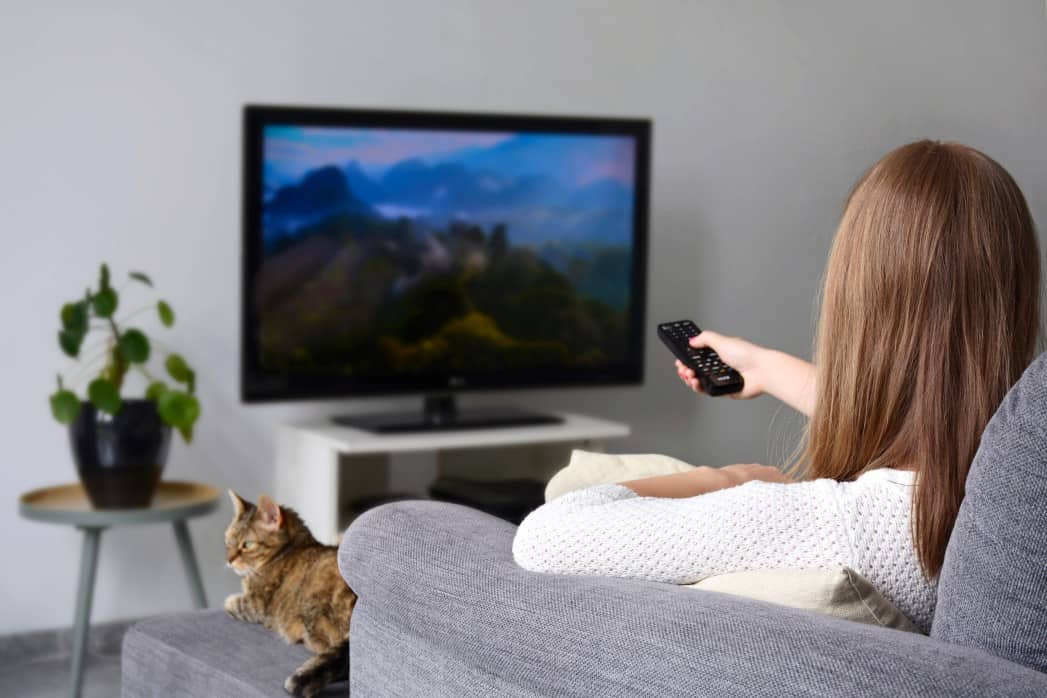
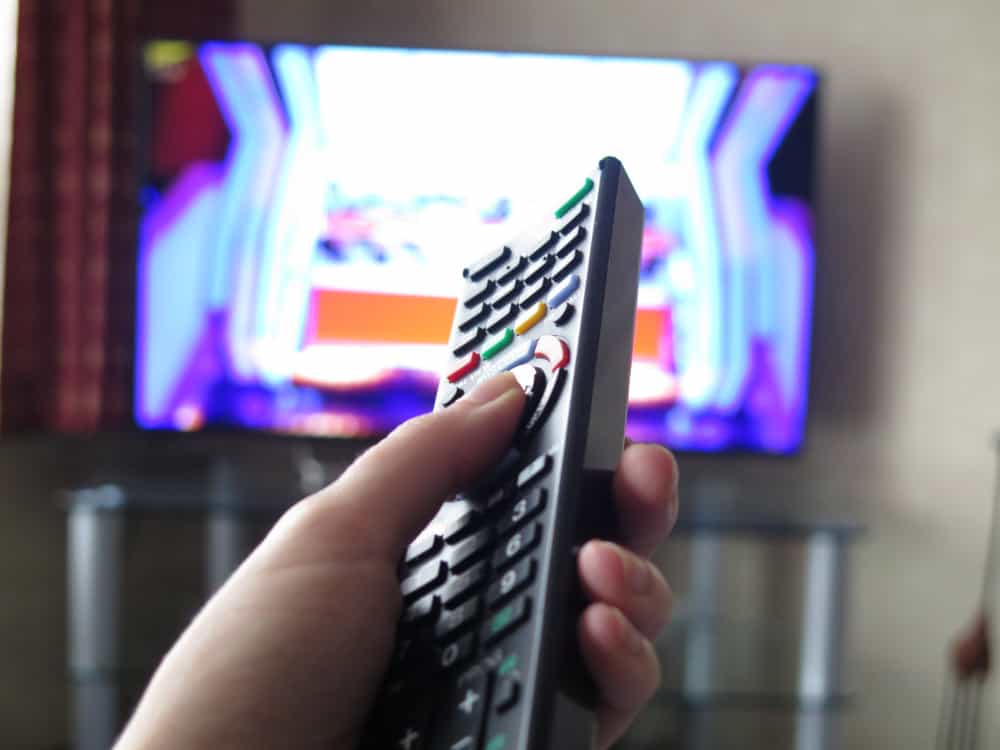
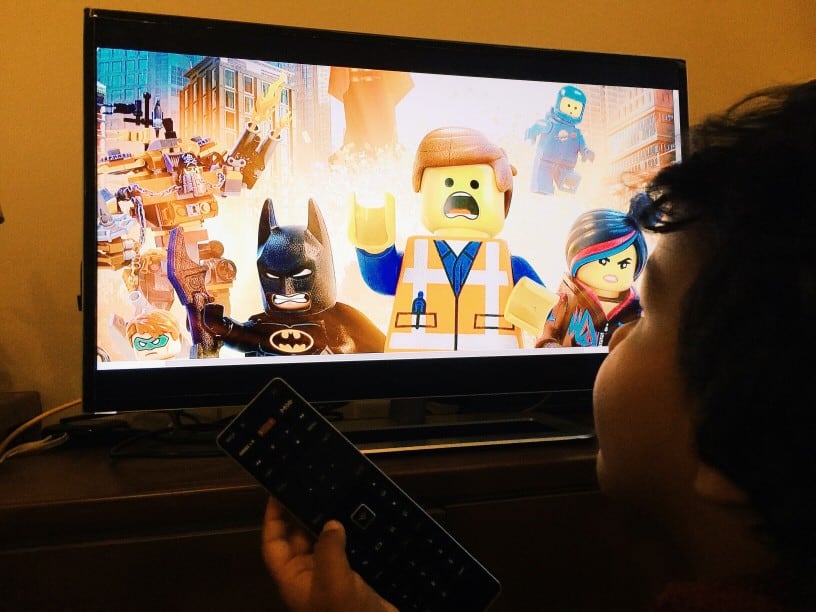
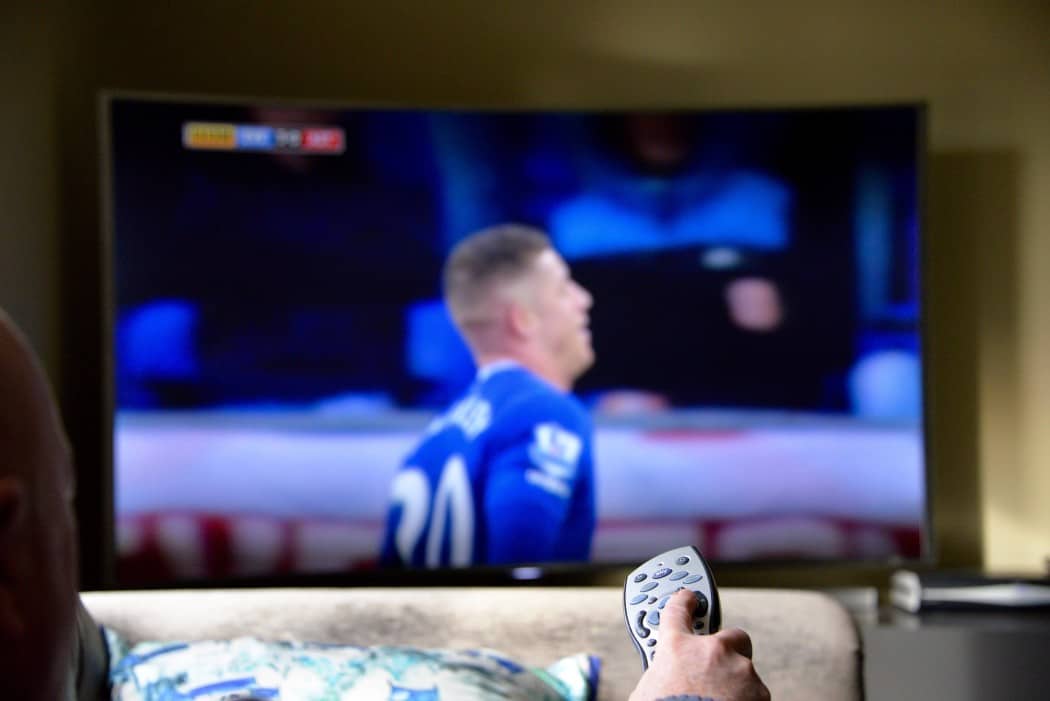
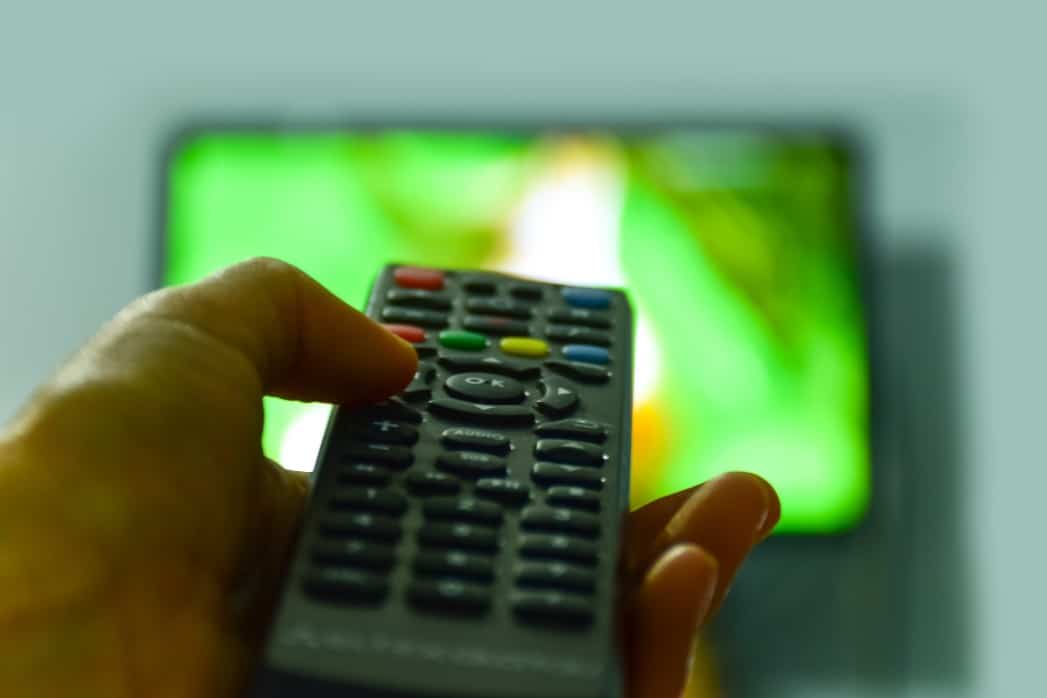
![Best Drones Under the Cost of Ferrari in [year] 25 Best Drones Under the Cost of Ferrari in 2026](https://www.gadgetreview.dev/wp-content/uploads/image-test-3.jpg)
![Best LEDs & LCDs in [year] ([month] Reviews) 26 Best LEDs & LCDs in 2026 (January Reviews)](https://www.gadgetreview.dev/wp-content/uploads/Samsung-UN65RU7100FXZA.jpg)
![Best Streaming Services in [year] ([month] Reviews) 27 Best Streaming Services in 2026 (January Reviews)](https://www.gadgetreview.dev/wp-content/uploads/netflix-750x422-1.png)
![Best Streaming Movie and Shows in [year] ([month] Reviews) 28 Best Streaming Movie and Shows in 2026 (January Reviews)](https://www.gadgetreview.dev/wp-content/uploads/Streaming-reviews.jpg)
![Best TVs in [year] ([month] Reviews) 29 Best TVs in 2026 (January Reviews)](https://www.gadgetreview.dev/wp-content/uploads/Sony-XBR55X810C-TV-1.jpg)
![Best Shows on Amazon in [year] ([month] Reviews) 30 Best Shows on Amazon in 2026 (January Reviews)](https://www.gadgetreview.dev/wp-content/uploads/The-Boys-750x474-1.jpg)
![Best Small TVs in [year] 31 Best Small TVs in 2026](https://www.gadgetreview.dev/wp-content/uploads/best-small-tv-image.jpg)
![Best 60 Inch TVs in [year] 32 Best 60 Inch TVs in 2026](https://www.gadgetreview.dev/wp-content/uploads/best-60-inch-tv-image.jpg)
![Best 50 Inch TVs in [year] 33 Best 50 Inch TVs in 2026](https://www.gadgetreview.dev/wp-content/uploads/best-50-inch-tv-imgr.jpg)
![Most Energy Efficient TVs in [year] 34 Most Energy Efficient TVs in 2026](https://www.gadgetreview.dev/wp-content/uploads/most-energy-efficient-tv-image.jpg)
![Best TVs for Apple TV in [year] 35 Best TVs for Apple TV in 2026](https://www.gadgetreview.dev/wp-content/uploads/best-tv-for-apple-tv-image.jpg)
![Best TV Antennas in [year] ([month] Reviews) 36 Best TV Antennas in 2026 (January Reviews)](https://www.gadgetreview.dev/wp-content/uploads/best-tv-antennas-image.jpg)
![Best Mitsubishi TVs in [year] 37 Best Mitsubishi TVs in 2026](https://www.gadgetreview.dev/wp-content/uploads/best-mitsubishi-tv-image.jpg)
![Best Smart TVs in [year] ([month] Reviews) 38 Best Smart TVs in 2026 (January Reviews)](https://www.gadgetreview.dev/wp-content/uploads/best-smart-tvs-image.jpg)
![Best Conference Room TVs in [year] 39 Best Conference Room TVs in 2026](https://www.gadgetreview.dev/wp-content/uploads/best-conference-room-tv-image.jpg)
![Best Dumb TVs in [year] 40 Best Dumb TVs in 2026](https://www.gadgetreview.dev/wp-content/uploads/best-dumb-tv-image.jpg)
![Best 80 inch TVs in [year] 41 Best 80 inch TVs in 2026](https://www.gadgetreview.dev/wp-content/uploads/best-80-inch-tv-image.jpg)
![Best Shows on Hulu in [year] ([month] Reviews) 42 Best Shows on Hulu in 2026 (January Reviews)](https://www.gadgetreview.dev/wp-content/uploads/The-Handmaids-Tale-750x422-1.jpg)
